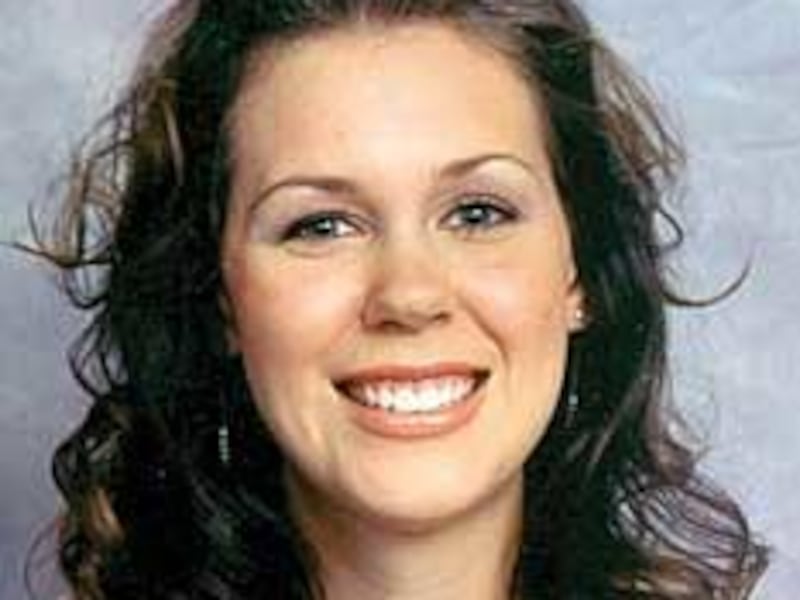Questar Gas and Qwest Communications were sued Tuesday by the husband of a woman killed in a natural gas explosion in Saratoga Springs in February.
According to the lawsuit filed by Greg Roper in 3rd District Court, Questar, Qwest and three companies contracted by Qwest inadvertently caused the explosion that leveled Roper's home and killed his wife, April, and Larry Radford, a Questar employee.
The Feb. 6 explosion was caused by negligence and a failure to safely respond to a natural gas leak that pumped more than 9,000 cubic feet of gas into the ground near the Ropers' home, the lawsuit states.
But the first mistake was caused by S&E Cable, a company contracted by Qwest to install phone lines in the frozen ground in the Ropers' neighborhood. The company, which did not have a contractor's license at the time of the explosion, initially burst the Questar line that led to the Ropers' home, according to the lawsuit.
"(S&E Cable) didn't have a license to do what they were doing at all," said Greg Roper's attorney, Colin King.
S&E Cable delayed notifying Questar, King says, which allowed the gas to saturate the ground surrounding the Ropers' home for about two hours before Questar arrived. The company did not create a hole in the ground to vent the leaking gas, King said, so it stayed in the ground near the Ropers' home.
S&E Cable could not immediately be reached for comment by the Deseret Morning News on Tuesday.
By the time April Roper and Radford were given the all-clear to enter the Roper home on 682 N. Badger Lane to turn on the furnace, which April had turned off before she evacuated her home 1 1/2 hours earlier, the air in the Roper family's basement was between 8 percent and 10 percent natural gas, the lawsuit states.
Once in the basement, Radford, who brought Roper to show him where the gas appliances were, would have recognized the highly flammable conditions, the lawsuit says, except he only had one piece of equipment with him to measure the natural gas levels. The piece of equipment he had with him was not designed to detect explosive levels, King says.
Evidence gathered from the explosion shows that Radford's gas detector was switched on, as was the furnace. Radford and April were found dead in the basement five hours after the 4 p.m. explosion.
According to the lawsuit, Questar and its employees violated the company's own emergency response preparedness plan and several federal laws regarding pipeline safety in responding to the leak. A Questar employee should have checked the gas levels in the home before involving Roper in the attempt to turn on any appliances, the lawsuit says.
Questar spokesman Darren Shepherd said the company is saddened by the deaths of Roper and Radford but declined to comment on the issue because it is now in litigation.
The lawsuit holds Qwest responsible for its approval of "inadequately trained and equipped, and insufficient personnel" to work as its contracted agents. Qwest spokesman Gary Younger also declined to comment on the case as it is "pending litigation."
Although the lawsuit asks for general damages to compensate for the family's loss of April Roper and all of its material possessions, among other things, it does not request an exact monetary amount.
King estimates the sought-after costs will be "in the millions."
Still, Greg Roper's motivation for the lawsuit is not money, King says.
"One of the big things that Greg Roper wants is to serve notice about what can go wrong and how many things did go wrong here," King said. "One of the major purposes of this lawsuit is to motivate people at Questar to change things to the extent that they need to change them so this won't happen again."
E-mail: achoate@desnews.com


